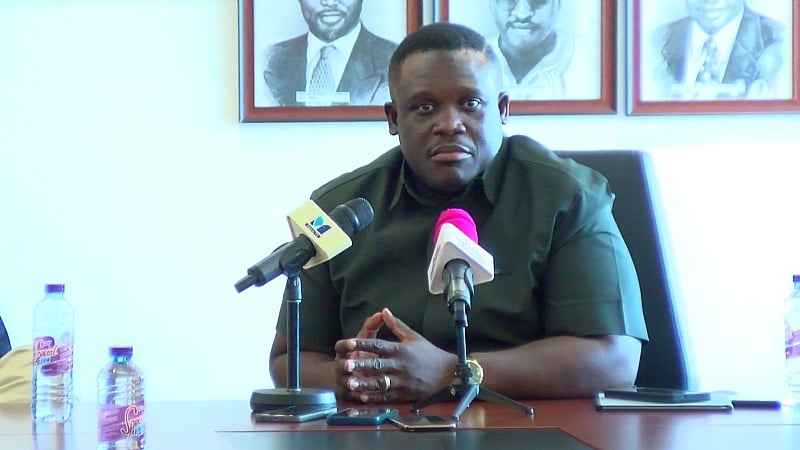The Ghanaian government has embarked on a significant initiative to revitalize the state-owned telecommunications operator, AirtelTigo, now operating as AT. This strategic move involves negotiations with a potential strategic investor for a possible takeover of the company. The primary objective is to inject much-needed capital and technical expertise into AT, bolstering its competitiveness and ultimately enhancing the overall efficiency of the Ghanaian telecommunications market. Minister for Communications, Digital Technology and Innovation, Samuel Nartey George, announced this development during an industry engagement with telecommunications CEOs, emphasizing the government’s commitment to improving AT’s performance and service delivery. A 60-day window has been set for the completion of negotiations, with the expectation of a noticeable improvement in AT’s services by the end of the third quarter of 2025.
The revitalization of AT represents a critical step in the government’s broader strategy to strengthen the telecommunications sector. Since its acquisition by the state in 2021, AT has faced challenges in maintaining its competitive edge. The anticipated partnership with a strategic investor is expected to address these challenges by providing access to financial resources, advanced technology, and managerial expertise. This will enable AT to modernize its infrastructure, expand its network coverage, and introduce innovative services, ultimately benefiting consumers with improved service quality and affordability. The government’s proactive approach reflects a commitment to fostering a dynamic and competitive telecommunications landscape in Ghana.
In addition to the AT revitalization plan, the government has also taken steps to empower other key players in the telecommunications sector. Cabinet has approved the allocation of additional spectrum to both MTN and Telecel, two major operators in the Ghanaian market. This allocation is intended to facilitate infrastructure upgrades and enhance service quality across their respective networks. By providing access to more spectrum, these operators can expand their capacity, improve network performance, and meet the growing demand for data services in Ghana. This measure further underscores the government’s commitment to fostering a vibrant and competitive telecommunications environment.
The allocation of additional spectrum to MTN and Telecel complements the government’s strategy of leveraging the National Grand ICT Infrastructure Company (NGIC) platform. The Minister highlighted the opportunity for AT and Telecel, particularly those constrained by limited spectrum, to utilize resources available on the NGIC platform. This platform, designed to provide shared infrastructure and resources, enables operators to optimize their operations, reduce costs, and enhance service delivery. By encouraging the use of the NGIC platform, the government aims to promote collaboration and efficient resource utilization within the telecommunications sector. MTN’s participation on the platform has also been welcomed.
The combined initiatives of revitalizing AT, allocating additional spectrum to major operators, and promoting the utilization of the NGIC platform represent a comprehensive approach to strengthening the Ghanaian telecommunications sector. These efforts are driven by the government’s recognition of the crucial role telecommunications plays in driving economic growth, promoting social inclusion, and enhancing public services. By fostering a more robust and competitive telecommunications landscape, the government aims to ensure that all Ghanaians have access to affordable, high-quality communication services, ultimately contributing to national development.
These strategic interventions reflect the government’s proactive stance in addressing the challenges and opportunities within the telecommunications sector. The focus on revitalizing AT through strategic partnership, empowering other operators with additional spectrum, and promoting the utilization of shared infrastructure demonstrates a commitment to long-term development and sustainability. The ultimate goal is to create a dynamic and competitive market that delivers tangible benefits to consumers and contributes to the overall advancement of Ghana’s digital economy. The successful implementation of these initiatives is expected to position Ghana as a leader in the regional telecommunications landscape, attracting further investment and driving innovation in the sector.


